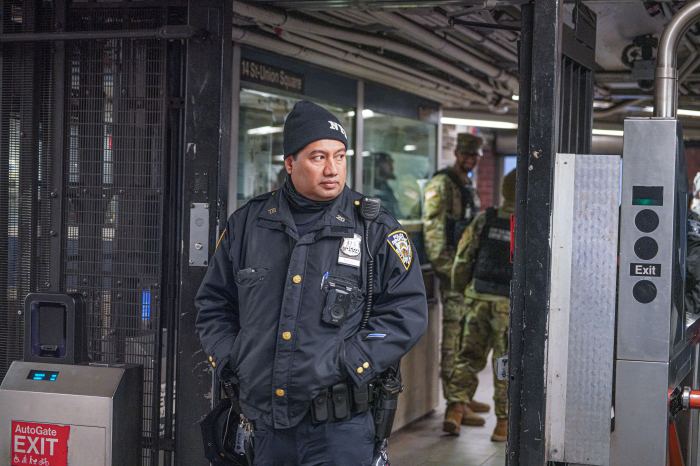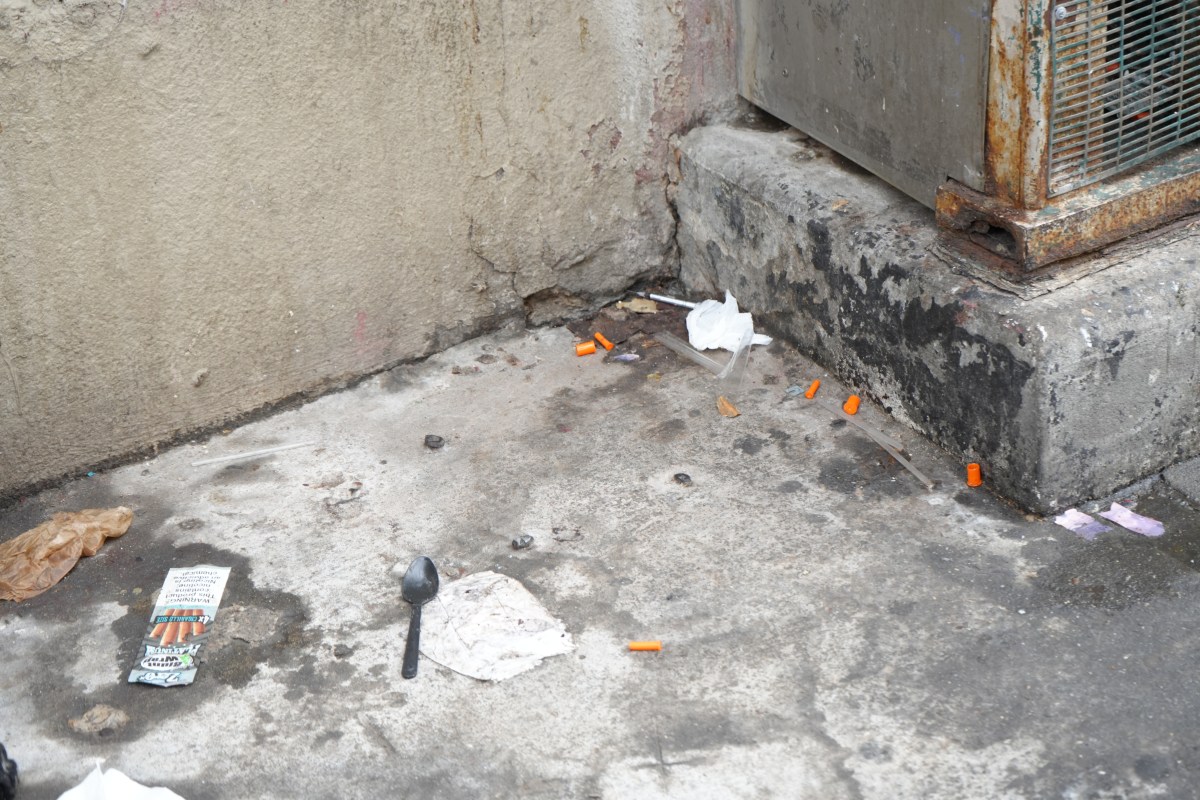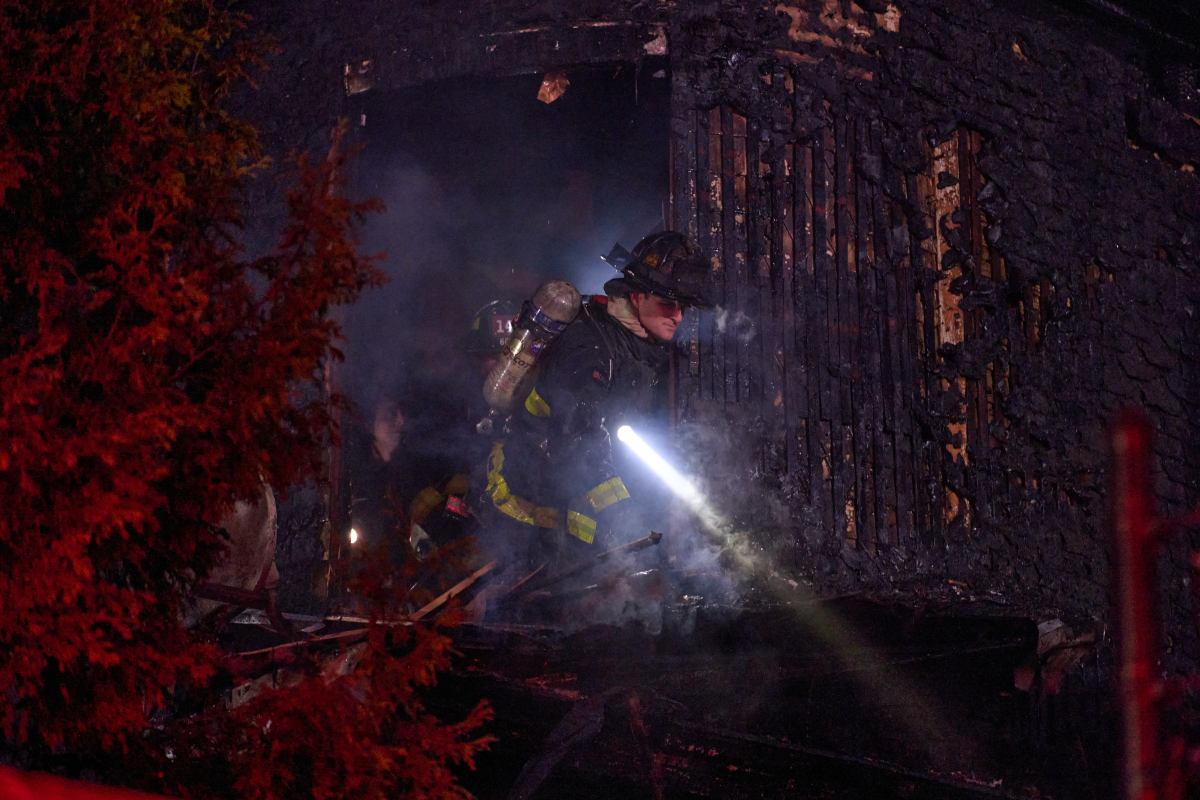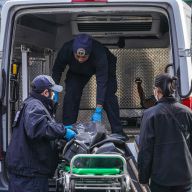NYC public school nurses will undergo suicide-prevention training as part of a new program that the city’s Department of Education (DOE) announced Tuesday.
School nurses, who can be a student’s first point of contact when they need assistance, play a critical role in suicide prevention, city officials said. The DOE, in collaboration with The Jed Foundation (JED), a suicide-prevention group, developed the program as an online training course for nurses who work across the city’s K through 12 public schools.
“Our schools are not only centers of learning, but safe havens where our young people can find trusted adults and support for whatever may be going on in their lives. Our school nurses are champions of students’ well-being, and they must be equipped to jump into action and help any student calling out for it,” Schools Chancellor David Banks said. “I’m so proud to be partnering with JED to bring this training to school nurses across the city as we continue the critical work of supporting the mental health of our students.”
As part of the program, all school nurses will participate in JED’s 90-minute, eight-module online course by the end of October. The training uses a scenario-based learning format and an Ask Suicide-Screening Questions tool to sharpen the medical workers’ abilities to identify, screen and refer students at risk for suicide.
Nearly 400 nurses have completed the course so far. According to a city press release, they learned about common mental health challenges, signs of distress, when to mobilize a crisis team, and tips for managing “emotional carryover and burnout. ”
Depression in teens
The JED Foundation reported that one in four young people experience a mental illness. This includes issues such as anxiety and depression.
A 2023 teen mental health survey from the city showed that 48% of teens experience depressive symptoms that range from mild to severe.
Experts note that people of all ages with thoughts of suicide sometimes feel hopeless. But school nurses can help.
Tony Walker, JED’s senior vice president of academic programs, explained that school nurses are frequently the first faces students turn to for help, whether they are hurting physically or emotionally.
“For this reason, JED is proud to partner with OSH and NYCPS to create a foundational training that will provide all school nurses in America’s largest public school district with the knowledge they need to safeguard at-risk students and help prevent suicide,” Walker said. “Through this comprehensive public health approach, we hope to empower school nurses to initiate potentially life-saving conversations and create healthier school communities — both in and out of the classroom.”
The initiative is the latest in a series of ways NYC is providing mental health help to students.
The city’s Department of Health and Mental Hygiene launched this year NYC Teenspace, a virtual mental health therapy program for teens around the city.
The city also has school-based mental health clinics that serve 340 schools, including 17 new clinics added this year. The city plans to add 20 more clinics in 2025.
Meanwhile, U.S. Rep. Dan Goldman (D-Manhattan/Brooklyn) introduced the Expanding Access to Mental Health Services in Schools Act last week. If passed, the bill would increase the number of mental health service providers in schools by providing grants to local educational agencies for the recruitment, hiring, retention and diversification of mental health service providers.
“Now more than ever, it is critical that we address the lack of mental health professionals in our schools,” Goldman said. “America’s children are going through an unprecedented mental health crisis that was intensified by the COVID-19 pandemic. Schools play a crucial role in addressing this challenge, so it’s essential that we equip them with the resources needed to help our children and change the course of this crisis.”



































